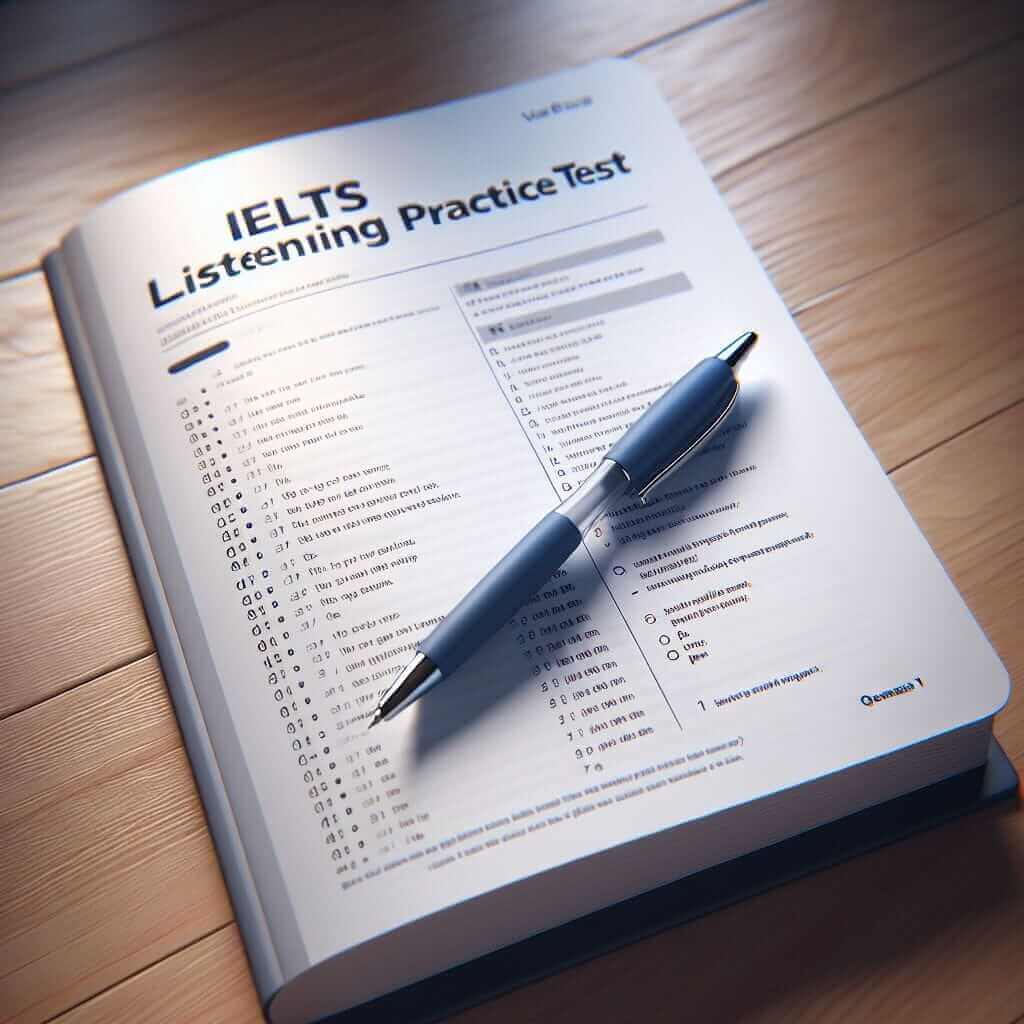The Importance of Conducting a Realistic IELTS Listening Exam
As an IELTS instructor with over 20 years of experience, I understand the importance of simulating real exam conditions in the classroom. This is especially true for the Listening test, where students need to be able to focus, understand various accents, and manage their time effectively.
This guide will provide valuable insights and practical steps on how to conduct an IELTS Listening test that accurately reflects the real exam experience.
Understanding the IELTS Listening Test Format
Before diving into the how-to, let’s quickly review the structure of the IELTS Listening test:
- Duration: 40 minutes (30 minutes for listening and 10 minutes to transfer answers)
- Sections: 4 sections, each with 10 questions (40 questions total)
- Audio Types: A range of accents and dialogues, including conversations, monologues, lectures, and discussions.
- Question Types: Various question types, such as multiple choice, matching, sentence completion, note-taking, and diagram labeling.
Steps to Conduct an IELTS Listening Exam Effectively
1. Set Up the Right Environment
- Quiet Space: Choose a quiet room free from distractions.
- Audio Equipment: Ensure you have a reliable audio player and speakers with good sound quality.
- Exam Papers: Provide students with official IELTS Listening answer sheets or a suitable alternative.
2. Follow the Official Instructions
- Read Aloud: Clearly read the instructions from the IELTS Listening test materials.
- Time Management: Strictly adhere to the time limits for each section.
- Breaks: Allow a short break between sections, just like in the real exam.
3. Use Authentic Listening Materials
- Official Practice Tests: Utilize official IELTS practice materials from sources like Cambridge IELTS books.
- Online Resources: Explore reputable websites and platforms that offer free or paid IELTS listening practice tests.
4. Familiarize Students with Question Types
- Variety is Key: Expose students to all types of questions they might encounter in the real exam.
- Strategies: Teach specific strategies for approaching different question types effectively.
5. Provide Ample Practice Opportunities
- Regular Mock Tests: Conduct regular mock listening tests to familiarize students with the format and timing.
- Graded Feedback: Provide detailed feedback on students’ performance, highlighting areas for improvement.

Example: Using a Practice Test
Let’s say you are using Cambridge IELTS 15 for practice. Here’s how you can conduct the listening test:
- Introduction: Briefly explain the context of the listening section (e.g., “This section is a conversation about booking a holiday.”).
- Pre-listening: Give students time to read the questions for that section.
- Play Audio: Play the audio track for the section without stopping.
- Post-listening: Allow a short time for students to check their answers.
- Answers and Feedback: Go through the answers and discuss any challenging questions.
Tips for Success in the IELTS Listening Exam
- Practice Active Listening: Encourage students to focus on keywords, synonyms, and paraphrasing.
- Develop Note-Taking Skills: Teach effective note-taking techniques to capture key information.
- Time Management: Remind students to use the allotted time wisely and not to panic if they miss an answer.
- Review and Learn from Mistakes: Encourage students to analyze their mistakes and identify areas for improvement.
Conclusion
Conducting an effective IELTS Listening test is crucial for preparing students for the real exam experience. By following these steps and providing ample practice opportunities, you can equip your students with the skills and confidence they need to succeed in the IELTS Listening test.